Strategic Thrusts
The Strategic Intent of SEARCA: Accelerating Transformation Through Agricultural Innovation (ATTAIN)
Given its strategic intent, SEARCA moves on from the traditional farming mindset and shifts to long-term sustainable impact on primary stakeholders and key partners in agricultural and rural development (ARD) and to introduction of innovations and platforms that will benefit more people from the ground level to the national level.
Agri-Business Models for Increased Productivity and Income
Sustainable Farming Systems and Natural Resource Management
Food and Nutrition Security
Transformational Leadership for ARD
Gender and Youth Engagement in ARD
Enhanced ARD towards Climate Resilience
EcoHealth/One Health Applications to ARD
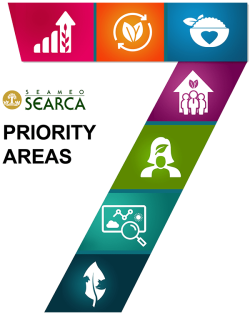
Stakeholders embodying mindset transitions
Enabling policies and regulatory frameworks supporting ARD at the local, national, regional, and international levels
Wider access to innovative products and services, and business models for increased productivity and income
Increased levels of investment in the agricultural and rural sector
Food and nutrition security from a range of choices ensuring well-being in an evolving lifestyle
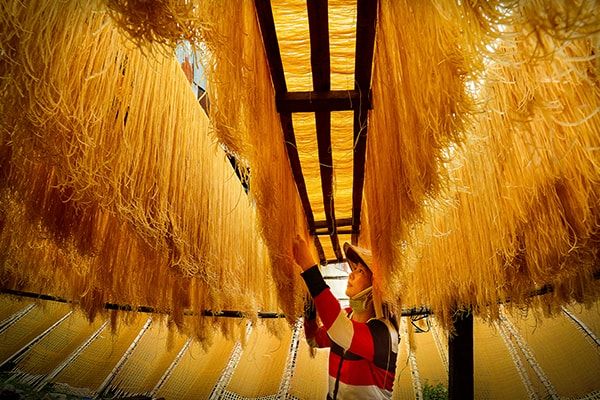
New, innovative practices are necessary to create eco-social policies that are people-centered; planet sensitive; guided by the values of human rights and social justice; enabled by democratic states and inclusive institutions; and shaped through the participation of empowered populations. Innovations covering institutional, social, technological, and conceptual aspects bring about a systemic transformation towards an inclusive society, promotion of sustainable production and consumption, and improve the economic and social wellbeing. SEARCA commits to accelerating these transformations to become the leading enabler and champion of excellence in agriculture and rural development in Southeast Asia; and contribute to the achievement of the Sustainable Development Goals (SDGs).
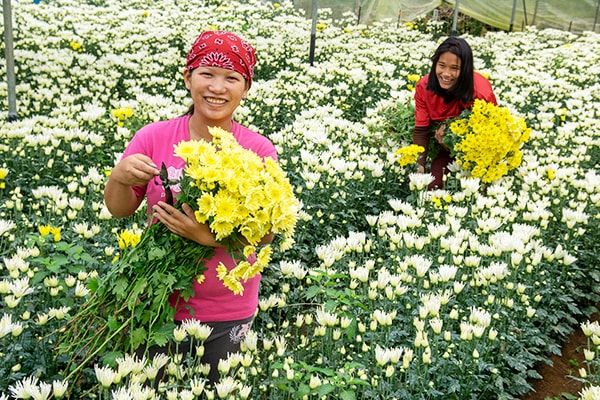
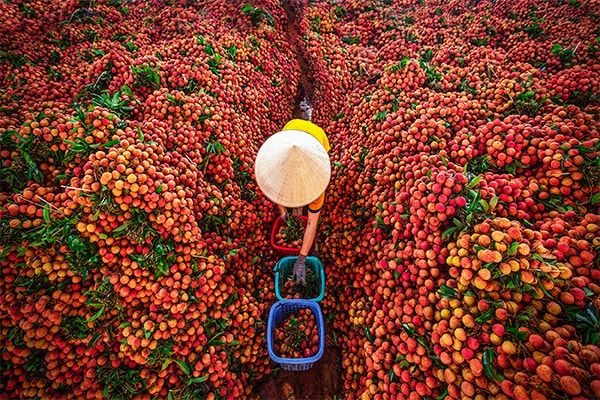
Better
Outputs and outcomes are more closely and clearly aligned with the specific needs of farming families. They have a higher level of farmer-centricity.

Bigger
Programs, products, and services will be designed with clear strategies as to how the benefits shall scale and be adopted by the wider national and regional ecosystem.
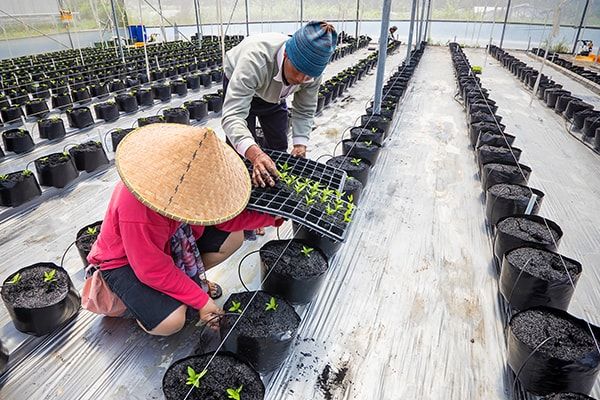
Smarter
More robust, agile and context-relevant modes of delivery (i.e., technology platforms, networks of organizations) shall be explored to improve the overall quality and cost-efficiency of delivery of results.